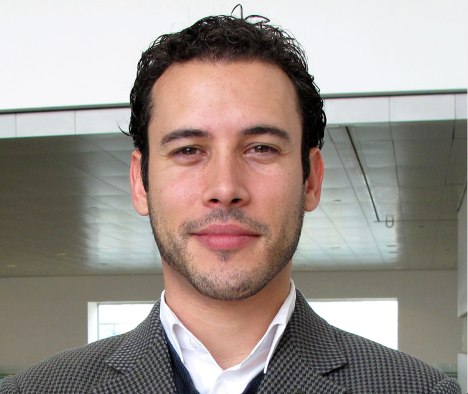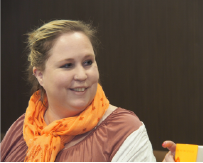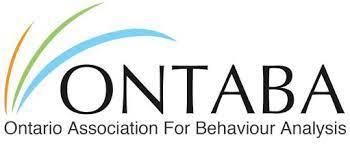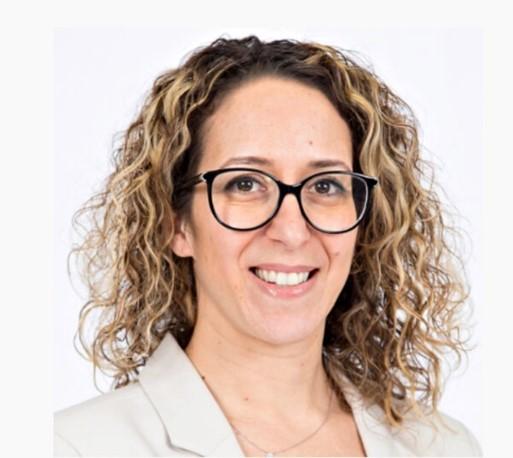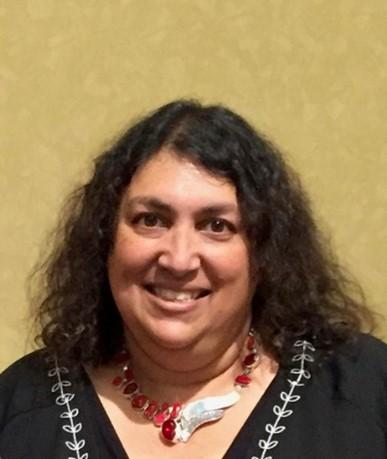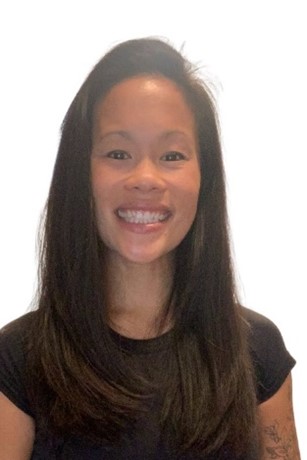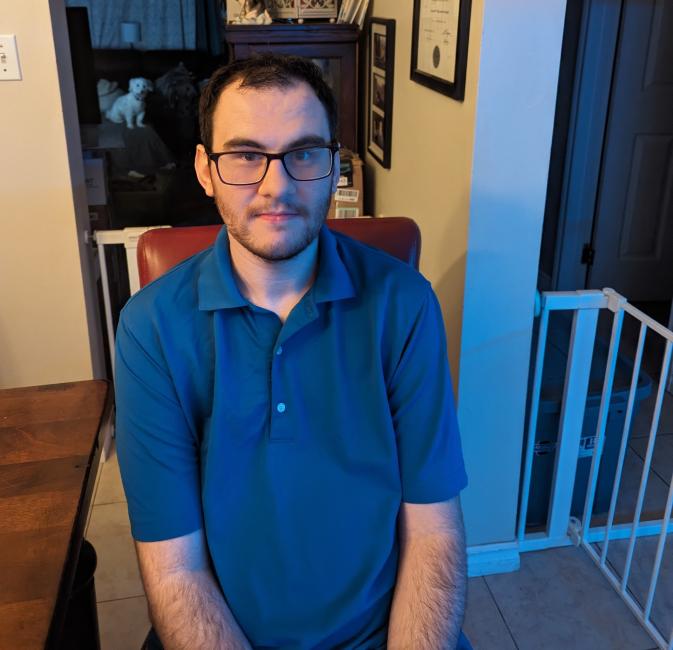Webinaire en direct – Au-delà de la pandémie – Considérations pour les enfants autistes et leurs aidants partout au Canada
Au cours de cette table ronde, à laquelle participeront Vivian Lee. Ph.D. (Université Carleton), Jonathan Weiss, Ph.D. (Université York) et Janet McLaughlin, Ph.D. (Wilfrid Laurier), chercheuse et mère, Matthew Ley (animateur) discutera des recherches actuelles sur la façon dont les enfants autistes et les membres de leur famille ont été touchés par la pandémie, mais aussi de la manière dont les familles ont pu y faire face et s’épanouir malgré tout. Les répercussions à long terme de la pandémie seront abordées, ainsi que les moyens de continuer à soutenir les aidants et les familles, alors que nous envisageons l’après-pandémie.
Membres de la table ronde
Dr. Vivian Lee, Ph.D.
Vivian Lee est actuellement professeure adjointe au département de psychologie de l’Université Carleton. Ses recherches portent sur la santé émotionnelle et mentale des enfants et des jeunes autistes ou avec d’autres troubles du développement neurologique. Son travail consiste à étudier les caractéristiques de l’enfant, des parents et du système, ainsi que la relation entre ces facteurs, qui favorisent un développement émotionnel sain ou exacerbent les difficultés de l’enfant et de la famille. Elle s’intéresse également à l’influence de ces facteurs sur le bien-être général des parents et des familles. En outre, elle s’intéresse à la science de la mise en œuvre et aux évaluations de programmes et, en collaboration avec des fournisseurs de soins communautaires en matière d’autisme et des groupes de revendication, elle étudie les effets de la COVID-19, ainsi que de la participation à des interventions psychosociales, sur la santé mentale et le bien-être des jeunes autistes et de leurs aidants.
Dr. Jonathan Weiss, Ph.D.
Jonathan Weiss est professeur au département de psychologie et psychologue clinicien. Il est titulaire d’une chaire de recherche de niveau 2 de l’Université York sur la santé mentale en autisme et en handicap neurodéveloppemental et est le directeur du LaMarsh Centre for Child & Youth Research. Ses recherches portent sur la santé mentale des personnes autistes ou ayant une déficience intellectuelle tout au long de leur vie. Il mène des études sur la manière dont les personnes avec des troubles du développement accèdent aux soins de santé mentale et s’intéresse à leurs besoins, leur utilisation et leurs expériences en matière de services. Son travail est également axé sur la compréhension et le soutien du bien-être familial lorsqu’au moins un membre de la famille a un trouble du Psycdéveloppement. Il s’intéresse au développement et à l’évaluation des programmes, et en particulier à l’impact des Jeux olympiques spéciaux sur le bien-être psychologique des participants, ainsi qu’aux interventions psychosociales visant à promouvoir la résilience et à améliorer la santé mentale des enfants et des adultes ayant des troubles du développement.
Dr. Janet McLaughlin, Ph.D.
Janet McLaughlin est professeure agrégée en santé communautaire et cofondatrice et codirectrice du Laurier Autism Research Consortium (LARC) à l’Université Wilfrid Laurier. Après le diagnostic d’autisme de son fils en 2012, elle s’est intéressée aux besoins et aux expériences des aidants, notamment à la façon dont les difficultés d’accès aux services influencent leur bien-être. Elle a depuis dirigé deux grandes études provinciales sur ces questions, la plus récente étant un partenariat entre le LARC et Autisme Ontario. Les résultats de cette étude, Families in Flux, ont permis d’explorer l’accès aux services en matière d’autisme, l’éducation et le bien-être dans le contexte de la pandémie de COVID-19. Ses recherches actuelles visent à comprendre les expériences des communautés mal desservies, en particulier les familles autochtones et les familles de nouveaux arrivants. Elle a déjà siégé au Groupe consultatif du Programme ontarien des services en matière d’autisme.
Déni de responsabilité : Les opinions exprimées dans ce webinaire sont celles des conférenciers et des présentateurs et ne reflètent pas nécessairement les points de vue d’Autisme Ontario. Prenez note qu'Autisme Ontario ne donne son appui à aucun produit, thérapie, traitement, stratégie, opinion, service ou individu en particulier. Nous appuyons cependant votre droit à l'information. À nos yeux, il est très important que vous fassiez vos propres recherches afin de prendre vous-même des décisions éclairées.


